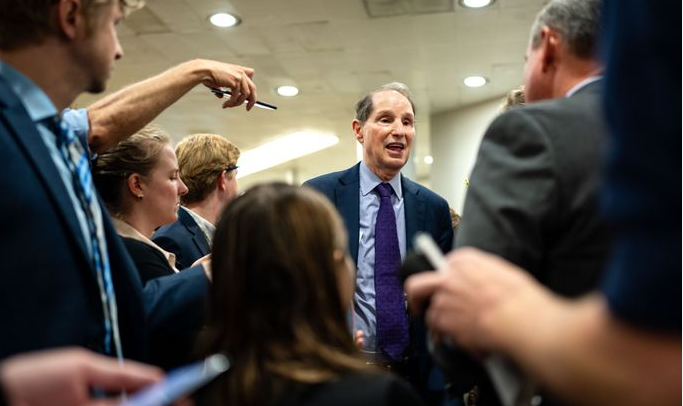Senate Set to Kill Bipartisan Tax Bill

In a surprising turn of events, the Senate is poised to reject a bipartisan tax bill that had initially garnered significant support from both sides of the aisle. This decision comes amid growing partisan tensions and differing views on key provisions within the bill.
Key Details of the Bill
Bipartisan Support
The tax bill, crafted with input from both Republican and Democratic lawmakers, aimed to introduce several reforms designed to simplify the tax code, provide relief for middle-class families, and incentivize small business growth.
Main Provisions
- Tax Relief: Provisions for reducing tax rates for middle-income earners.
- Simplification: Efforts to streamline the tax filing process.
- Business Incentives: Measures to support small businesses and stimulate economic growth.
Reasons for Rejection
Partisan Divisions
Despite its bipartisan origins, the bill has faced increasing opposition due to disagreements on certain amendments and the overall impact on the federal budget. Key sticking points include:
- Revenue Impact: Concerns about the bill’s potential to significantly reduce federal revenue, leading to increased deficits.
- Wealth Distribution: Disagreements over whether the bill sufficiently addresses income inequality or disproportionately benefits wealthier individuals and corporations.
Lobbying and Pressure
Intense lobbying from various interest groups has also influenced lawmakers’ positions, further complicating efforts to reach a consensus.
Implications of the Bill’s Rejection
Economic Consequences
The bill’s failure could have several economic implications:
- Uncertainty: Businesses and individuals might face uncertainty regarding future tax liabilities and potential reforms.
- Market Reactions: Financial markets, which had been anticipating the passage of the bill, might react negatively to the news, affecting stock prices and investor confidence.
Political Repercussions
- Bipartisan Collaboration: The rejection of a bipartisan bill could dampen prospects for future cross-party collaborations.
- Midterm Elections: The decision is likely to become a talking point in the upcoming midterm elections, with each party using it to galvanize their base.
Looking Forward
Lawmakers on both sides have expressed a desire to revisit tax reform, but it remains unclear when and how a new consensus might be reached. The bill’s failure highlights the deep-seated challenges in achieving substantial bipartisan legislation in the current political climate.





